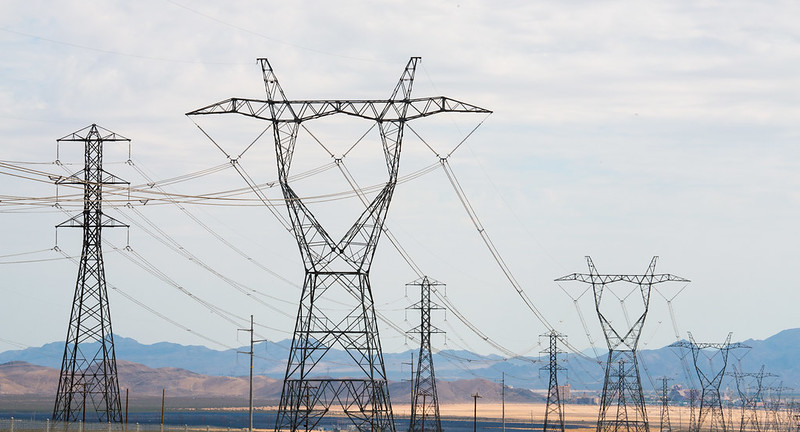As putting up solar panels and wind turbines becomes increasingly profitable without subsidies, governments are turning their attention to transmission lines.
After all, there’s no use making clean electricity if you can’t get it to anyone who needs it.
But, while anyone with a few million in their back pocket can throw up a solar farm, who has got the billions to build power cables across the country?
Well the Indian government does. On Wednesday, finance minister Nirmala Sitharaman promised $1bn towards cables linking renewable projects in the Himalayan state of Ladakh with states that people actually live in.
Over in Washington DC, the Climate Investment Funds does too. It has just lent Colombia $70m for transmission lines and other green projects. It has got $230m more in the pot for projects like this and is asking rich nations to top it up so they can roll out the programme to big hitters like India, Brazil and Indonesia.
This week’s stories
- Colombia gets $70m from new global renewable integration fund
- Coal communities fear South Africa’s clean energy transition
- India announces $4.3 billion investment in clean energy
- France seeks EU loophole for French Guiana to power space sector with biofuels
- Taiwan’s failure to clean up industry endangers its net zero pledge
- DR Congo delays rainforest oil auctions
- EU plans restrictions on climate-wrecking fishing method
In Colombia though, there are fears that having to consult with every community the cables pass through could slow the project down more than is helpful in a climate crisis.
Over in South Africa’s coal country, locals complain that they’ve not been consulted over plans to shut down coal power plants. They fear being left behind.
Making the energy transition both fast and fair is no easy task.
